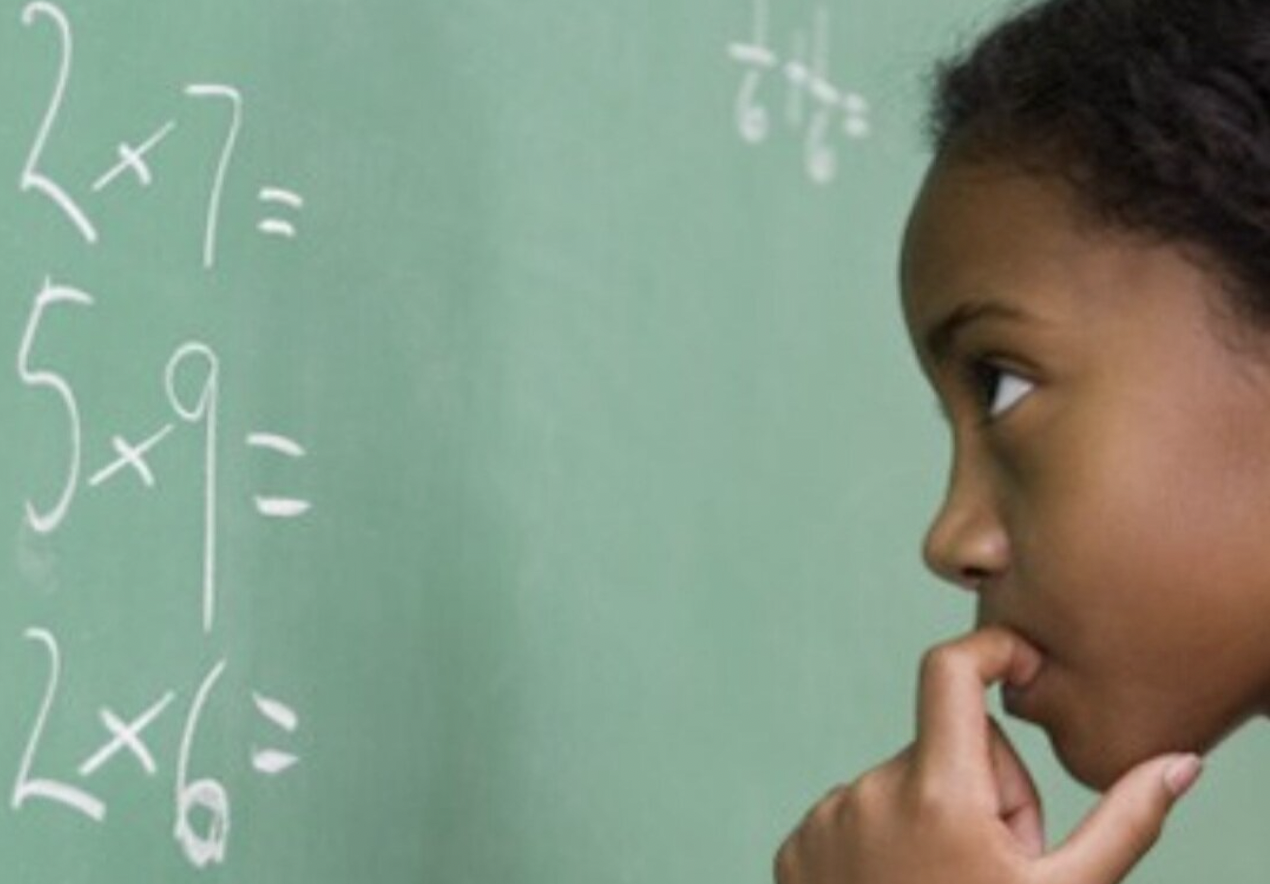
Dyscalculia, the lesser known cousin of dyslexia, affects students’ abilities to perform tasks that require any sort of math. Skills like spatial reasoning, counting, comparing numbers, recalling math facts, and calculating are some of the things that might be difficult for a student who has dyscalculia. Some people refer to it as “number dyslexia” or “math dyslexia,” which is not quite accurate; dyslexia affects a student’s ability to read, while dyscalculia affects a student’s ability to manipulate numbers and understand mathematical concepts. Although many people are unfamiliar with this learning difference, it may be just as common as dyslexia.
What causes dyscalculia?
Just like dyslexia, dyscalculia commonly pops up in children of parents who also struggle with math (whether or not they were ever formally diagnosed). This is to say that researchers believe genetics may play a part in problems with math. Studies of people with dyscalculia also show differences in their brain structure and in and how they process mathematical information.
Might my child have dyscalculia?
Students who have dyscalculia may struggle with some or all of the following:
- Comparative statements like greater than/less than
- Recognizing that written numbers represent specific quantities; counting accurately
- Recalling math facts
- Telling time
- Dealing with money
- Understanding place value
- Spatial reasoning
One reason many people haven’t heard of dyscalculia is that it is diagnosed much less frequently than dyslexia, but is no less prevalent. Students who struggle in math, especially when they show early signs of weakness, are sometimes written off as just “being bad with numbers.” For those students who are provided with the necessary supports to help them grapple with challenging math concepts despite not having a formal diagnosis, they can more or less function successfully even if they do have dyscalculia. But for students with more severe cases, a diagnosis will help that child’s parents and teachers know what supports they need to have in place to be successful. So if you suspect your child is struggling in math, discuss your concerns with your child’s teacher and doctor.
What supports are effective for children with dyscalculia?
Strategies that often help students with this learning difference include:
- Providing math problems verbally and in the context of real-world situations
- Visually representing math problems/tasks
- Using hands-on manipulatives like cubes to solve problems
- Help with breaking down tasks into their smallest parts
- Frequent modeling immediately before practicing a skill




